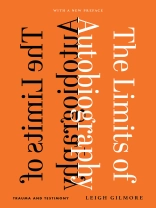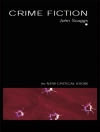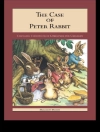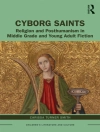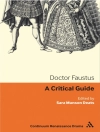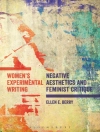In The Limits of Autobiography , Leigh Gilmore analyzes texts that depict trauma by combining elements of autobiography, fiction, biography, history, and theory in ways that challenge the constraints of autobiography. Astute and compelling readings of works by Michel Foucault, Louis Althusser, Dorothy Allison, Mikal Gilmore, Jamaica Kincaid, and Jeanette Winterson explore how each poses the questions ‘How have I lived?’ and ‘How will I live?’ in relation to the social and psychic forms within which trauma emerges.
First published in 2001, this new edition of one of the foundational texts in trauma studies includes a new preface by the author that assesses the gravitational pull between life writing and trauma in the twenty-first century, a tension that continues to produce innovative and artful means of confronting kinship, violence, and self-representation.
表中的内容
Introduction: The Limits of Autobiography
1. Represent Yourself
2. Bastard Testimony: Illegitimacy and Incest in Dorothy Allison’s Bastard Out of Carolina
3. There Will Always Be a Father: Transference and the Auto/biographical Demand in Mikal Gilmore’s Shot in the Heart
4. There Will Always Be a Mother: Jamaica Kincaid’s Serial Autobiography
5. Without Names: An Anatomy of Absence in Jeanette Winterson’s Written on the Body
Conclusion: The Knowing Subject and an Alternative Jurisprudence of Trauma
关于作者
Leigh Gilmore is the author of several books, including The #Me Too Effect, Tainted Witness, and (with Elizabeth Marshall) Witnessing Girlhood. Her public feminist scholarship appears in The Conversation, Public Books, and WBUR’s Cognoscenti.
